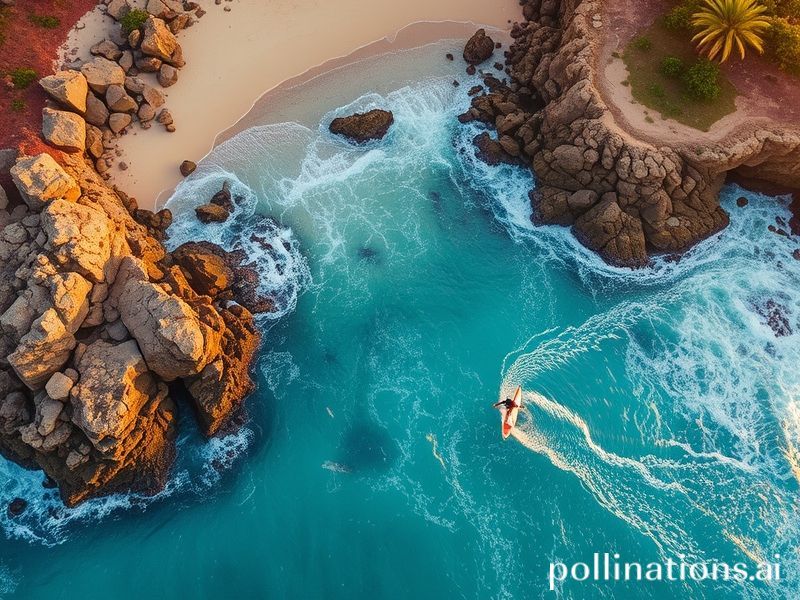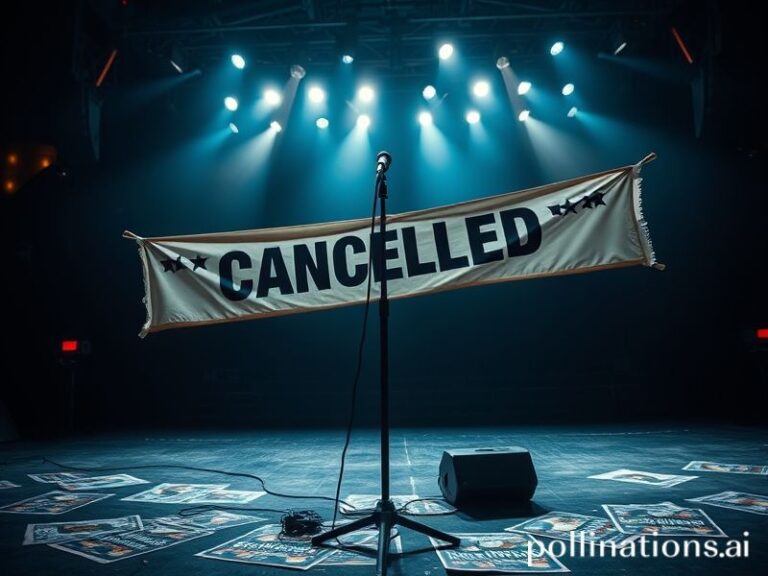Barbados Evicts the Queen, Dares the World to Notice: A Tiny Republic’s Giant Mic-Drop
Barbados, 166 square miles of coral and rum-soaked self-confidence, has spent the last four centuries perfecting the art of politely ignoring empires. While the rest of the world was busy inventing guillotines, manifest destiny, or TikTok dances, this easternmost splinter of the Lesser Antilles was quietly drafting eviction notices for its monarch. When the clock struck midnight on 30 November 2021, the Union Jack was lowered, Rihanna was declared a National Hero, and the planet’s newest republic was born—an event that registered somewhere between “mildly interesting” and “wait, where is that again?” on the global Richter scale.
Yet scale, as any hedge-fund analyst will tell you, is a matter of perspective. Barbados may be roughly the size of Liechtenstein’s ego, but its strategic footprint is considerably larger. Perched where the Caribbean meets the Atlantic shipping lanes, the island guards one of the last unsullied stretches of the western ocean. Beijing noticed: within hours of the republic’s proclamation, Chinese contractors were promising new culverts, conference centres, and—because nothing says sovereignty like surveillance—a 5G network courtesy of Huawei. Washington responded with the diplomatic equivalent of a subtweet, dispatching a mid-level envoy who praised “shared democratic values” while conspicuously forgetting to bring a chequebook. Thus the newest great-power game begins, played out over rum punches on white-sand pitches too idyllic to look serious.
Meanwhile, the International Monetary Fund—an institution whose idea of a beach read is a 400-page technical memorandum—has taken a keen interest in Bridgetown’s finances. Tourism, once the island’s sugar-daddy, is still hung-over from the pandemic and increasingly anxious about rising seas that treat the south coast like a communal dipping bowl. The IMF’s prescription is the usual austerity tasting menu: trim public payrolls, raise VAT, and invite more foreign investment to turn your coastline into branded infinity pools. Barbadians, who have survived both hurricanes and the British, are negotiating with the polite obstinacy of a people who know exactly how long it takes an empire to pack.
Global significance, however, sometimes hides in the footnotes. By ditching the Crown and keeping the Commonwealth—an arrangement akin to breaking up with someone but still sharing the Netflix password—Barbados has offered a template for other constitutional fence-sitters. Jamaica is watching closely, Australia is pretending not to, and Canada is asking whether it can schedule the divorce sometime after hockey season. Each potential republic now has a case study showing that you can cashier a monarch without cancelling afternoon tea.
Climate change, the planet’s most reliable uninvited guest, sharpens the irony. Barbados emits roughly 0.01% of global CO₂, yet its very existence is now a wager against everyone else’s tailpipe. Prime Minister Mia Mottley has become the developing world’s most quotable Cassandra, warning that “1.5 to stay alive” isn’t a slogan but a property deed. At COP summits she deploys the island’s finest weapon—moral suasion—while delegates from the global north nod appreciatively before returning to their coal-powered pavilions. The joke, dark as Barbadian coffee, is that the same trade winds that once propelled slave ships now spin turbines that might keep the island above water. Progress, like rum, is an acquired taste.
And so we arrive at the punch line: a nation of 287,000 souls has managed to renegotiate sovereignty, host a superpower tug-of-war, and lecture the planet on thermodynamics, all without missing Crop Over festival. The world, perpetually distracted by larger fires, occasionally glances toward this glittering speck and remembers that history is not always written by the biggest battalions—sometimes it is composed by the ones who know how to write a polite but firm letter of dismissal. Barbados has done just that, signed, sealed, and delivered with a reggae backbeat. The rest of us, still tenants of our own decaying empires, can only watch—and maybe take notes.







